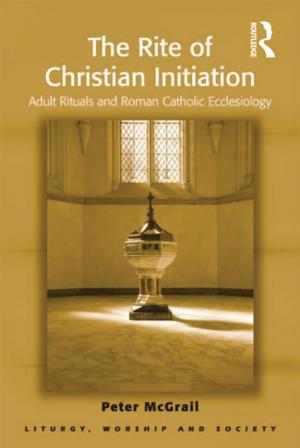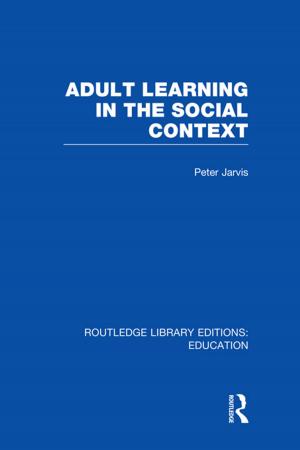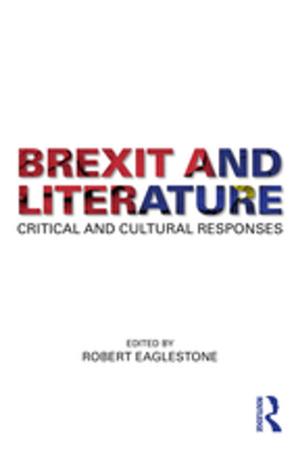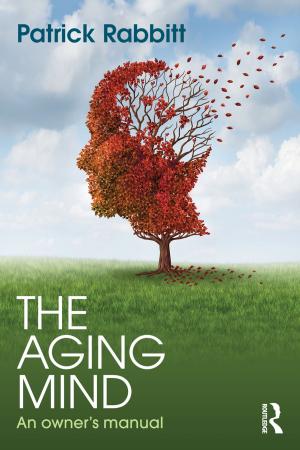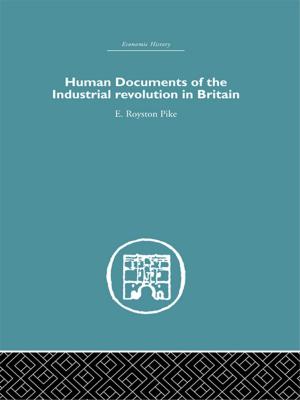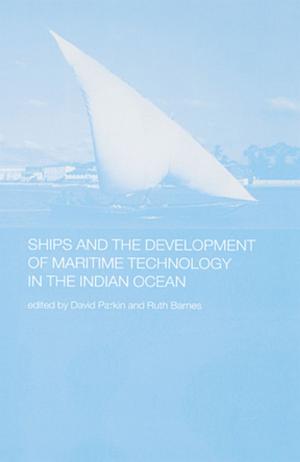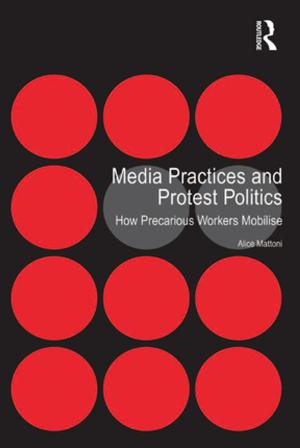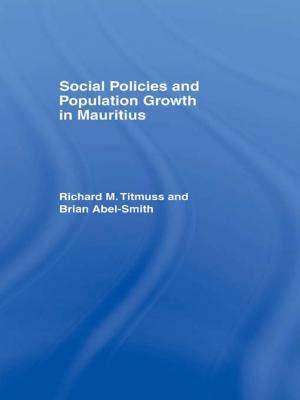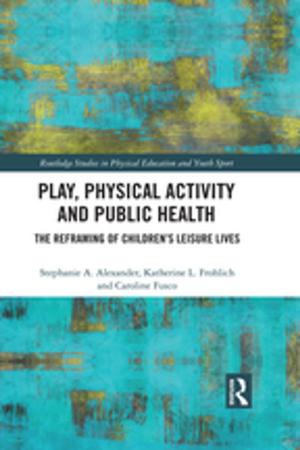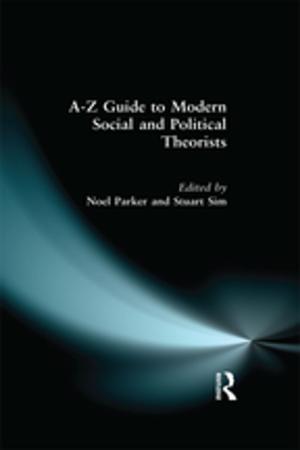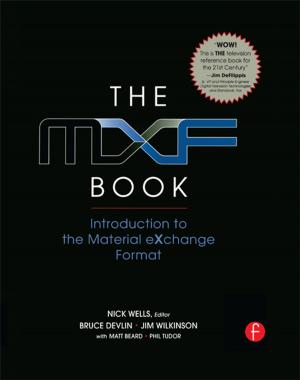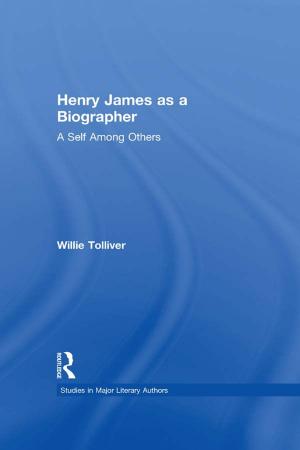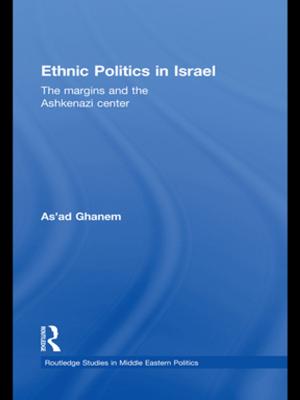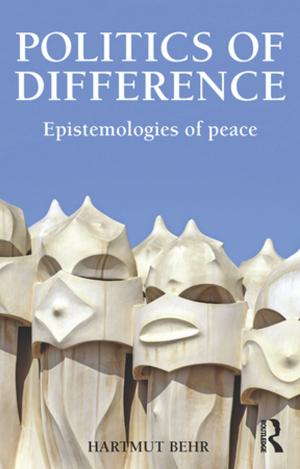| Author: | Joshua R. Farris | ISBN: | 9781317015031 |
| Publisher: | Taylor and Francis | Publication: | November 25, 2016 |
| Imprint: | Routledge | Language: | English |
| Author: | Joshua R. Farris |
| ISBN: | 9781317015031 |
| Publisher: | Taylor and Francis |
| Publication: | November 25, 2016 |
| Imprint: | Routledge |
| Language: | English |
Recent research in the philosophy of religion, anthropology, and philosophy of mind has prompted the need for a more integrated, comprehensive, and systematic theology of human nature. This project constructively develops a theological accounting of human persons by drawing from a Cartesian (as a term of art) model of anthropology, which is motivated by a long tradition. As was common among patristics, medievals, and Reformed Scholastics, Farris draws from philosophical resources to articulate Christian doctrine as he approaches theological anthropology. Exploring a substance dualism model, the author highlights relevant theological texts and passages of Scripture, arguing that this model accounts for doctrinal essentials concerning theological anthropology. While Farris is not explicitly interested in thorough critique of materialist ontology, he notes some of the significant problems associated with it. Rather, the present project is an attempt to revitalize the resources found in Cartesianism by responding to some common worries associated with it.
Recent research in the philosophy of religion, anthropology, and philosophy of mind has prompted the need for a more integrated, comprehensive, and systematic theology of human nature. This project constructively develops a theological accounting of human persons by drawing from a Cartesian (as a term of art) model of anthropology, which is motivated by a long tradition. As was common among patristics, medievals, and Reformed Scholastics, Farris draws from philosophical resources to articulate Christian doctrine as he approaches theological anthropology. Exploring a substance dualism model, the author highlights relevant theological texts and passages of Scripture, arguing that this model accounts for doctrinal essentials concerning theological anthropology. While Farris is not explicitly interested in thorough critique of materialist ontology, he notes some of the significant problems associated with it. Rather, the present project is an attempt to revitalize the resources found in Cartesianism by responding to some common worries associated with it.

